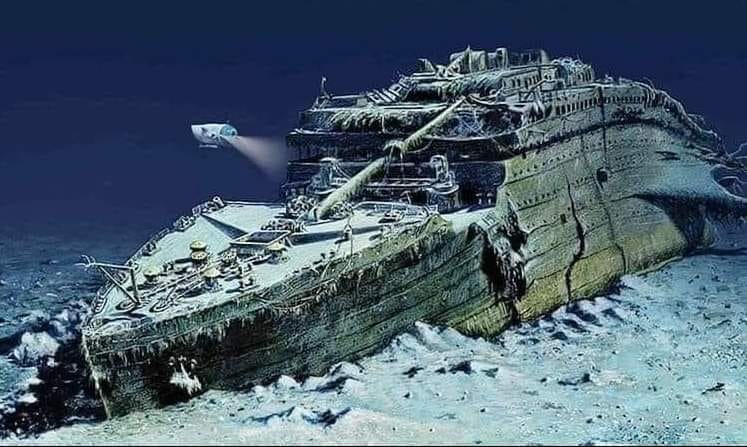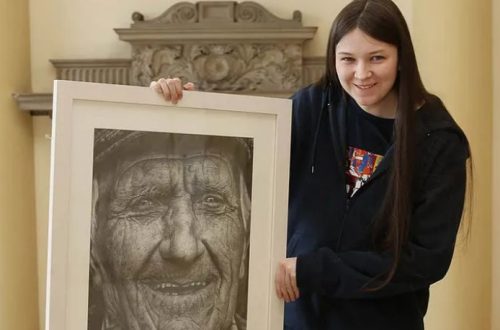Why can’t the remains of the Titanic be resurfaced?
The Titanic sank in 1912 and it took over seven decades to locate its remains. They will stay where they are until the ship is consumed and vanishes.
The Titanic was on its maiden voyage across the Atlantic Ocean in April 1912. The ship that had been touted as “unsinkable” set out from Southampton and was enroute to New York City when its hull was ripped open by an iceberg. It took around two hours and forty minutes for the massive ship to be claimed by the sea along with over 1,500 passengers.
It would take over seven decades to locate the wreckage of the ill-fated ship but attempts to locate and raise the Titanic began almost as soon as it had sunk. However, even those ideas to recover the remains of the sunken ship that weren’t totally bonkers ran into other problems.
Why can’t the remains of the Titanic be resurfaced?
One of the main reasons is that the Titanic is resting at some 12,500 feet below the surface of the North Atlantic, an incredibly difficult environment in which to operate both above and below. The challenging conditions and the size of the ship mean that any project would be extremely costly, something that stopped previous attempts.
When the Titanic sank, it carried millionaire John Jacob Astor IV. The money in his bank account was enough to build 30 Titanics.
However, faced with mortal danger, he chose what he deemed morally right and gave up his spot in a lifeboat to save two frightened children.
Millionaire Isidor Straus, co-owner of the largest American chain of department stores, “Macy’s,” who was also on the Titanic, said:
“I will never enter a lifeboat before other men.”
His wife, Ida Straus, also refused to board the lifeboat, giving her spot to her newly appointed maid, Ellen Bird. She decided to spend her last moments of life with her husband.
These wealthy individuals preferred to part with their wealth, and even their lives, rather than compromise their moral principles. Their choice in favor of moral values highlighted the brilliance of human civilization and human nature.






